|
Of the 70’s era film school brats, Brian De Palma, Francis Ford Coppola, and George Lucas have made their best films long in the past and have largely moved on from directing. Martin Scorsese, meanwhile, has landed a masterpiece in each of his five decades of productivity, and is likely to stretch that record into his sixth. Final member Steven Spielberg has shared Scorsese’s indefatigable streak, and while he’s annihilated Scorsese at the box office, the critical accolades have been drying up thanks to middling efforts like The Post, The BFG, and the loathsome Ready Player One. However, this film school brat proves he has more to offer with West Side Story, a bravura remake of the 1961 musical and Spielberg’s best film in 15 to 20 years. The old master can still show audiences how it’s done.
0 Comments
Ridley Scott’s many period epics tend to share scenes of medieval competence porn, and not the kind of competence that requires wielding a sword. Kingdom of Heaven, Robin Hood, and The Last Duel spare time for the joys of estate management as their landholding characters get their hands dirty with husbandry and irrigation. Even Gladiator’s Maximus longs for the black soil of his Spanish farm. Another gang of would-be aristocrats feature in Scott’s latest, House of Gucci, and the prolific director again can’t help himself from including a short homage to the leather-making process that founded the company. The best scene in a frustrating film communicates the romanticism of raising the right breeds of cattle in a respectful way before turning their hides into hand-crafted luxury goods, connecting Gucci to medieval Italian artisans a thousand years in the past. However, House of Gucci forgets this scene as soon as it ends and is left with a rote anti-hero saga of a grasping protagonist who wants money and power because… that’s what she wants. Unmotivated and overlong, House of Gucci is a series of large performances in search of a tone and a story in search of a purpose.
Without taking a poll, I suspect that I’m in the minority of preferring Wes Anderson’s last decade of work to his previous one-and-a-half. Moonrise Kingdom proved a much better fit for Anderson’s children who act like adults, as opposed to his adults who act like children. The Grand Budapest Hotel became my favorite of Anderson’s films after a second viewing, a perfect blend of eccentricity and melancholy that also happened to be more thoughtful and meaningful than anything he'd done previously. His latest, The French Dispatch, follows in Grand Budapest’s footsteps, an anthology where all the ingredients are perfectly calibrated to amuse and affect in a film that’s unmistakably Anderson’s but is completely lacking in the things that used to annoy me. In telling the story of a magazine editor who wanted everything just so, Anderson writes another autobiographical character whose control and vision leads to something wonderful.
Students at San Francisco’s top-ranked Lowell High School are struggling with an amount of academic stress that looks cruel and unrecognizable. At this viewer’s Catholic high school in southern Indiana, upperclassmen competed for parking spots, not high-stakes entry into elite universities. In Try Harder, Debbie Lum follows several seniors as they polish their resumes and their interview skills, all while considering the elephant in the room of how their race is helping or hurting their chances for something they aren’t sure they even want. This is a fascinating look at the next generation’s world-beaters, unless they burn out in their 20’s under 6 figures of student debt.
The most famous case of bad timing for the Oscars has to be Eddie Murphy, who was the favorite to win for Dreamgirls, at least until Norbit came out while ballots were still open. If not for Covid delays, one wonders if Chloe Zhao might’ve suffered the same fate in 2020 had Eternals come out alongside Nomadland, the film she won several Oscars for. Zhao’s bizarre opportunity to transition from tiny, open-hearted indies that exalt the constriction and the possibility of the vast American West towards a CGI-laden action maven doesn’t work. Her participation is a mystery and so is the film itself, a Marvel outing that runs in the opposite direction of its proven, if tired, formula. What might’ve been something new becomes nothing at all.
After a career of making genre films about men in various stages of arrested development, Edgar Wright has defined his style and remains in search of substance. Big soundtrack moments, whip-pans, frenetic editing, dense with references to his other movies and the broader culture, all are signifiers for a director whose work has never been as strong as his debut, the zombie comedy Shaun of the Dead. Wright’s latest, Last Night in Soho, continues his resistance to repeating himself, at least as far as genre is concerned, and is also his first attempt at a female-led film. Paying homage to 70’s era psychodramas and Italian horror, Last Night in Soho is more of the same from Wright, a film that achieves moments of transcendence but fails to linger once the thrill of the pop sequences has worn off.
|
Side PiecesRandom projects from the MMC Universe. Categories
All
Archives
April 2023
|
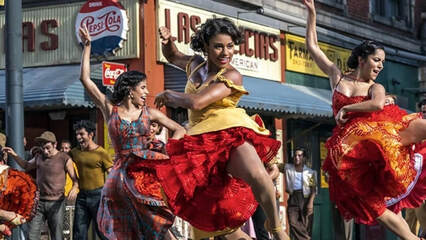

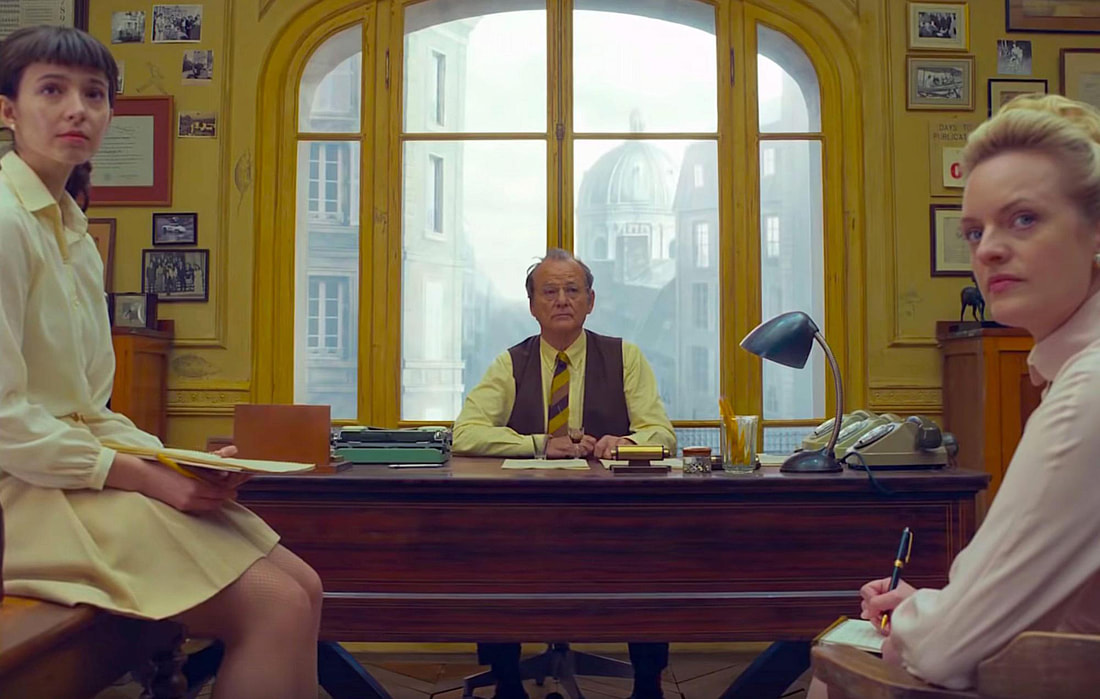
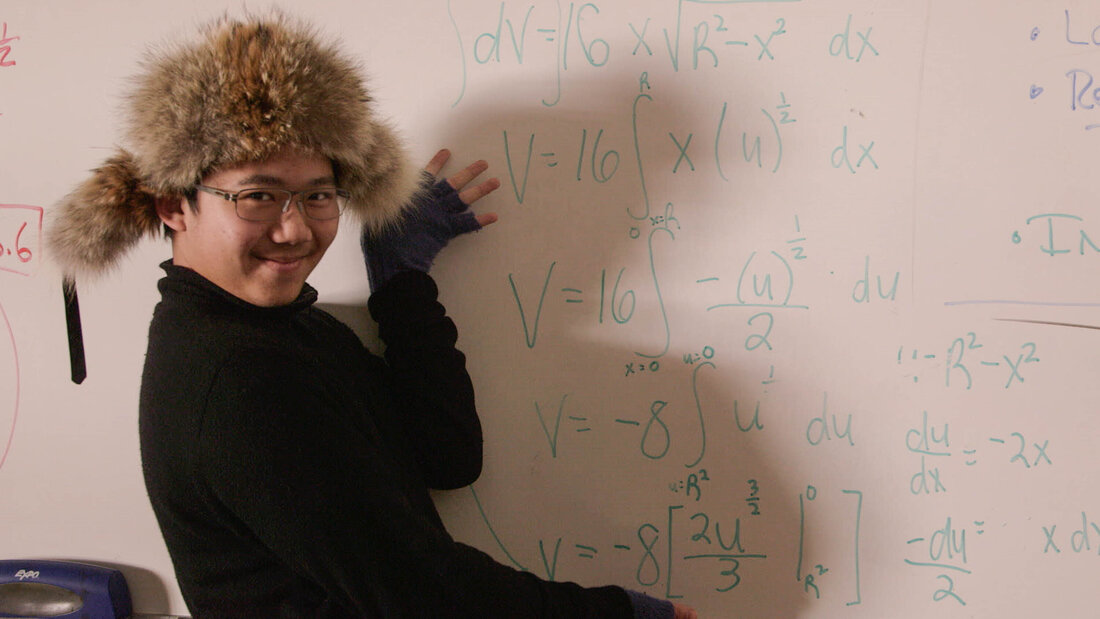
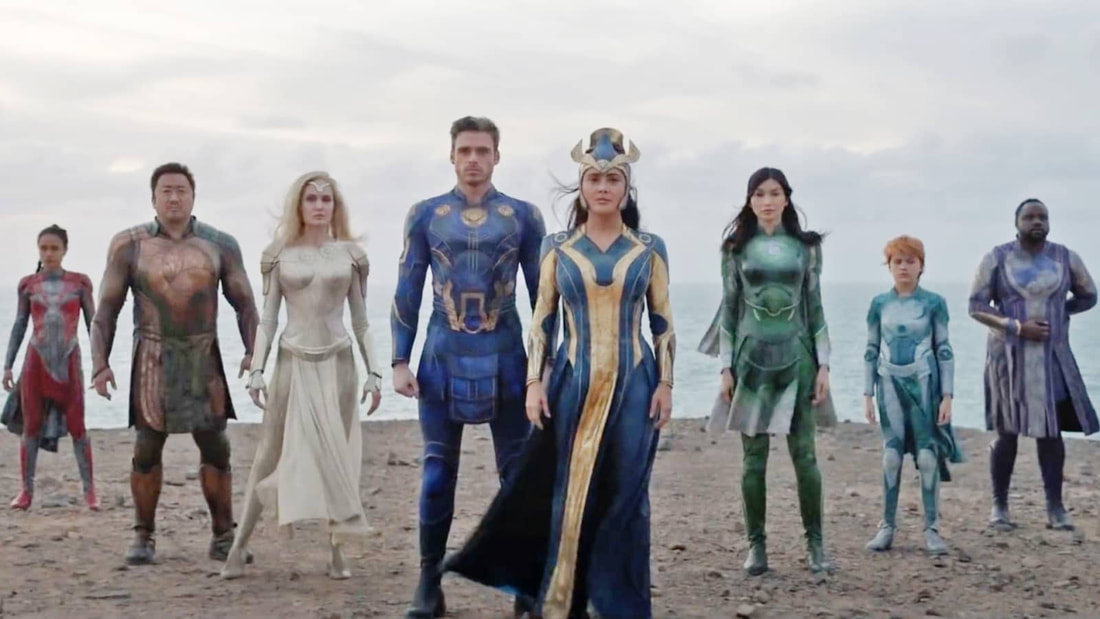
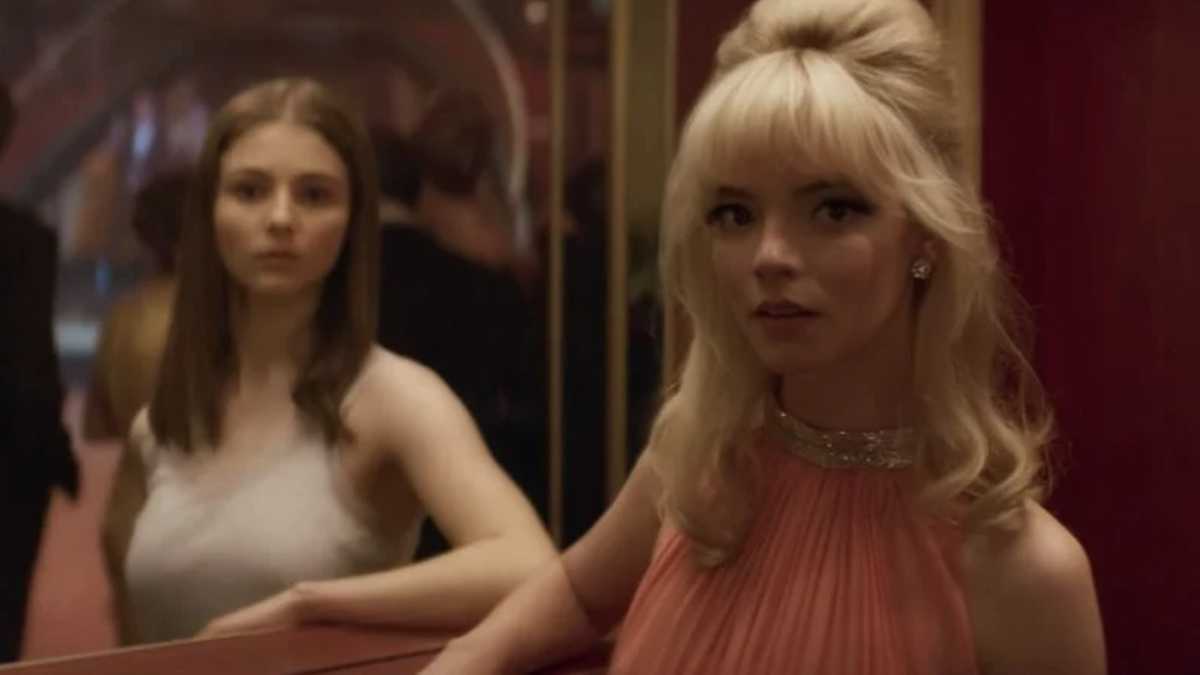
 RSS Feed
RSS Feed